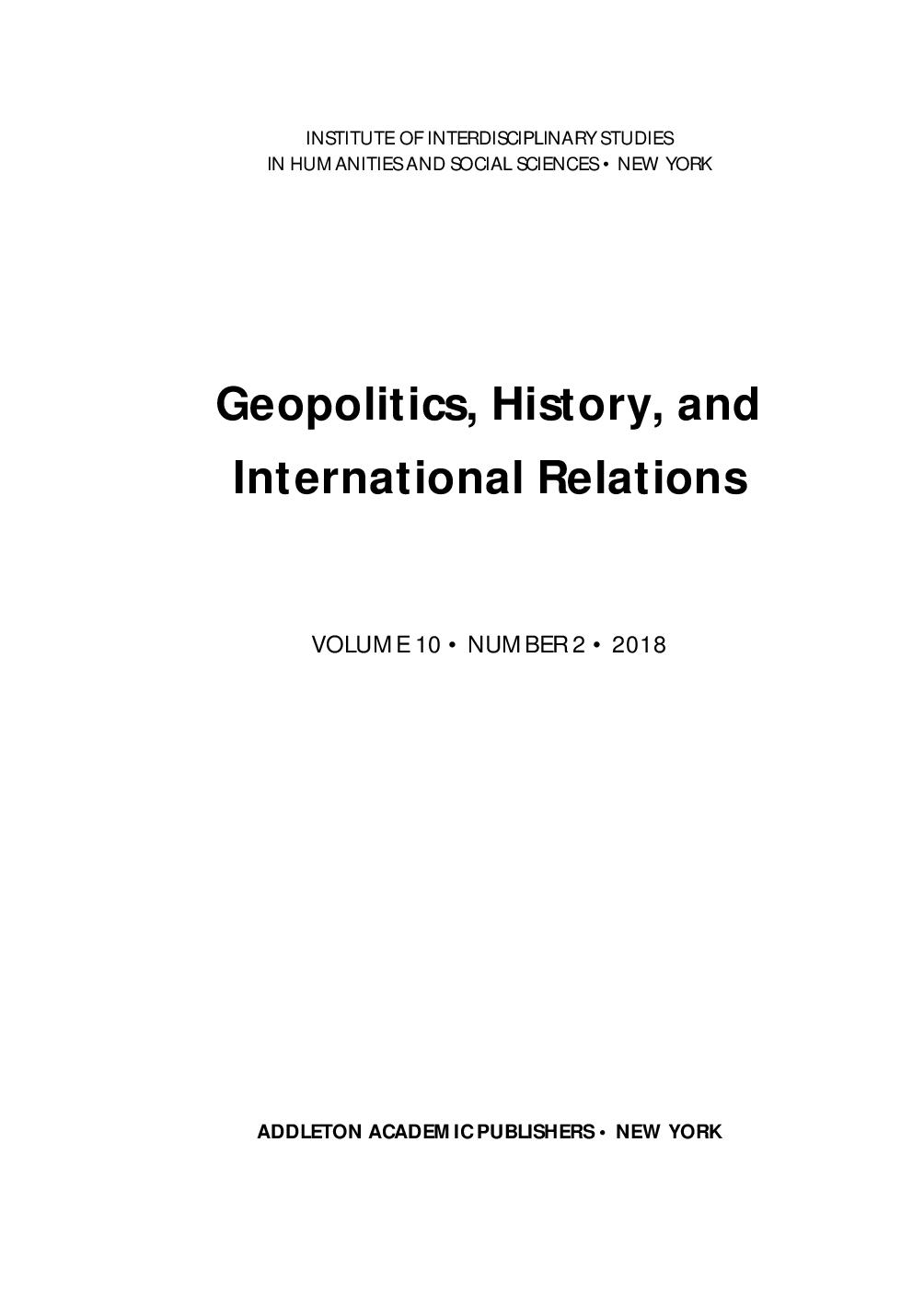ONLINE HABITS OF THE FAKE NEWS AUDIENCE: THE VULNERABILITIES OF INTERNET USERS TO MANIPULATIONS BY MALEVOLENT PARTICIPANTS
ONLINE HABITS OF THE FAKE NEWS AUDIENCE: THE VULNERABILITIES OF INTERNET USERS TO MANIPULATIONS BY MALEVOLENT PARTICIPANTS
Author(s): Katarína Valášková, Juraj Kolencik, Pavol KubalaSubject(s): Media studies, Social Theory
Published by: Addleton Academic Publishers
Keywords: online habit; fake news audience; Internet user; manipulation; vulnerability;
Summary/Abstract: This research synthesizes existing studies and investigates the vulnerabilities of Internet users to manipulations by malevolent participants. Using data from Katz Media, Pew Research Center, Statista, The Economist, Vision Critical, and YouGov, we performed analyses and made estimates regarding most likely sources of fake news stories in the U.S.A. and percentage of U.S. adults who are confident in their ability to recognize made-up news. Empirical and secondary data are used to support the claim that collecting information from socially proximate sources may be instrumental in legitimating the accuracy of information distributed on social networks, but readers infrequently authenticate the shared information.
Journal: Geopolitics, History, and International Relations
- Issue Year: 10/2018
- Issue No: 2
- Page Range: 44-50
- Page Count: 7
- Language: English
- Content File-PDF

